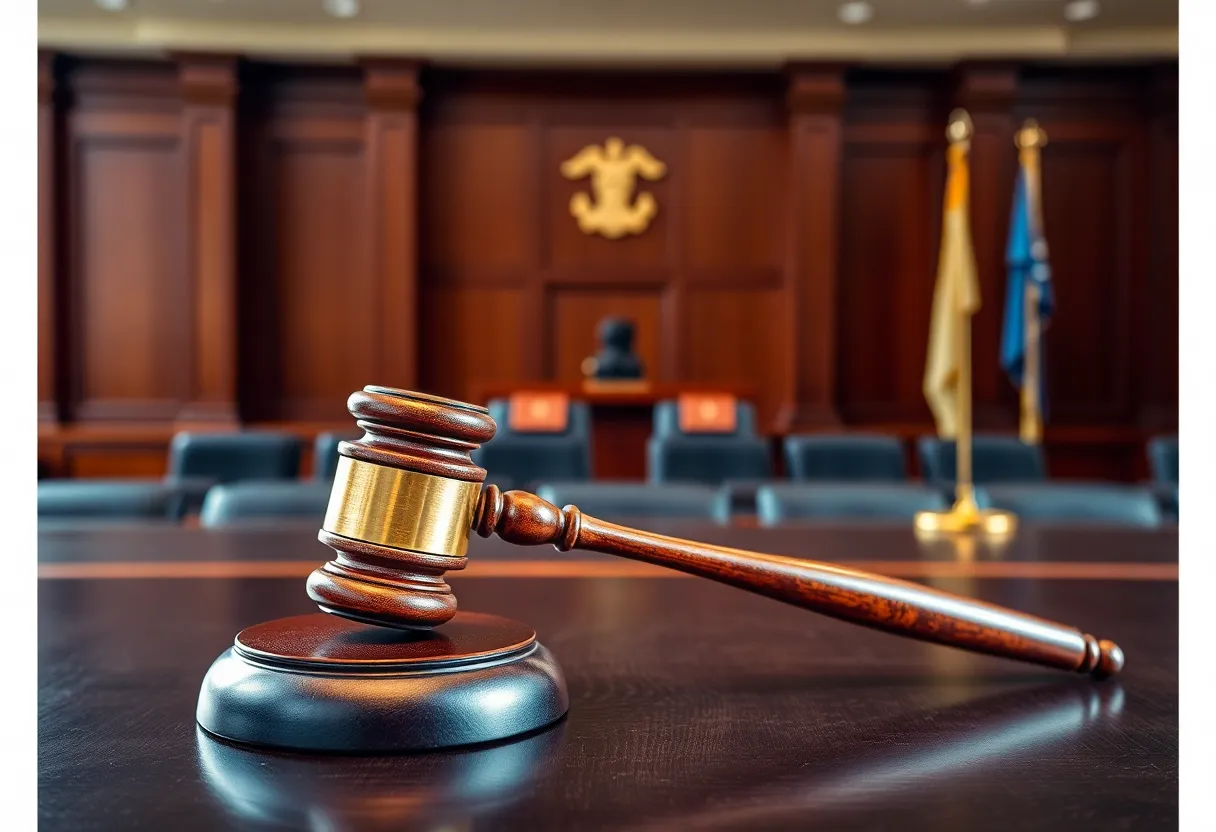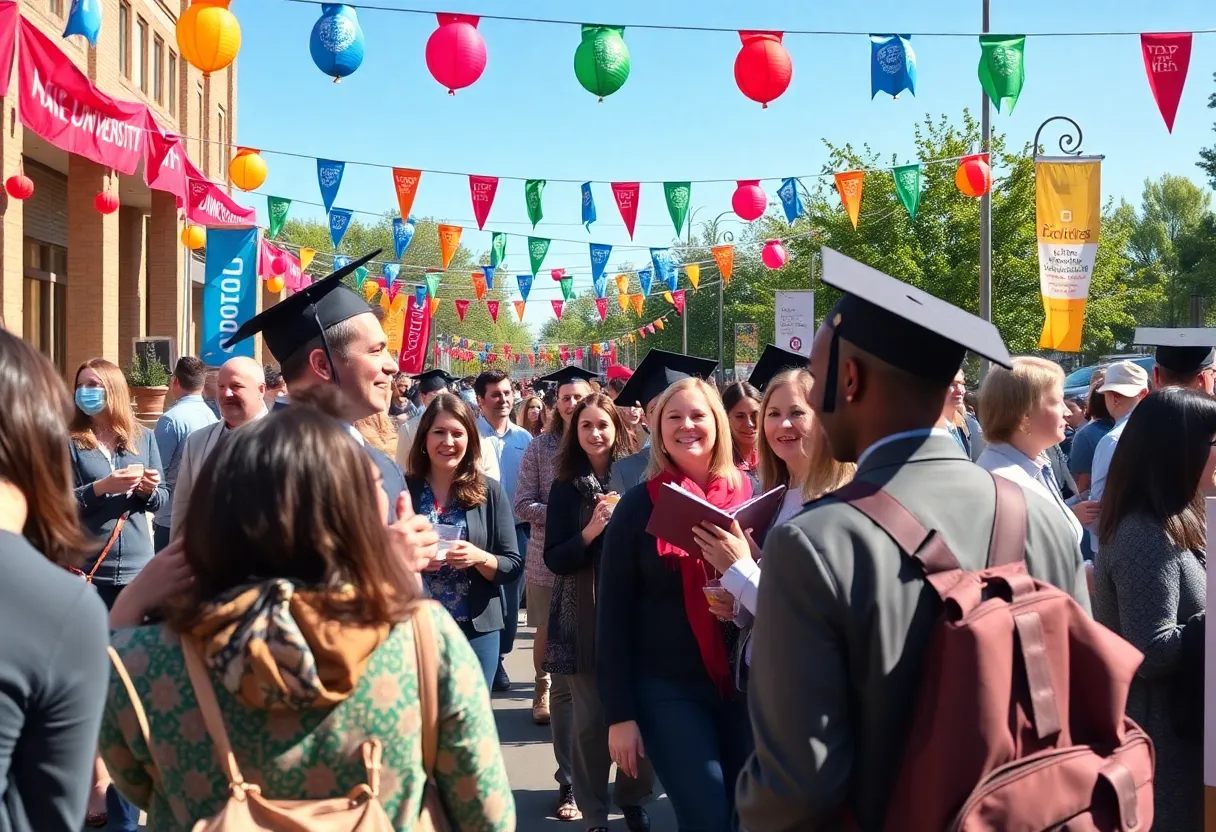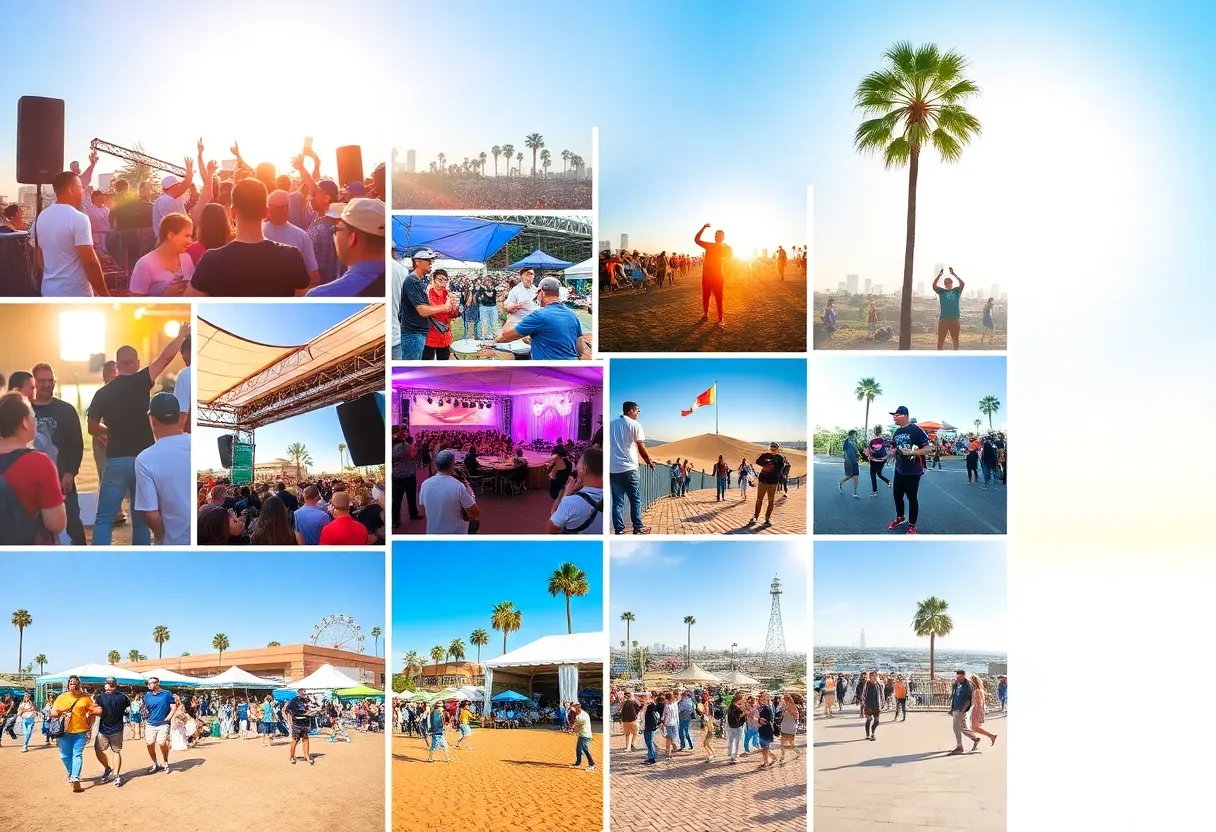News Summary
The California Supreme Court has approved the State Bar’s request to adjust scores from the controversial February 2025 bar exam, affected by significant technical issues and the use of AI in question drafting. A new passing score has been established, alongside the implementation of the Multistate Bar Exam for the upcoming July exam. Legal educators and stakeholders continue to voice concerns over the validity of the examination process, while calls for greater transparency and accountability within the State Bar grow louder.
California – The California Supreme Court has approved the State Bar’s request to adjust bar exam scores due to significant technical issues encountered during the February 2025 exam. This decision allows the release of results for the 4,231 applicants who took the exam, which had been shrouded in controversy regarding the validity of the testing process.
The justices directed the State Bar to implement the Multistate Bar Exam for the multiple-choice section of the upcoming July exam, emphasizing their concerns surrounding the question drafting process used in February. Notably, some exam questions were generated with the assistance of artificial intelligence (AI), which was not disclosed during the examination period. Applicants will need a raw score of 534 to pass, with the total raw score calculated from a combination of 700 points from the written section and 171 from the multiple-choice section, both weighted equally at 50%.
Prior to this adjustment, the raw passing score for the February 2025 exam was set at a lower threshold of 420 points or higher. The court’s decision allows graders to utilize psychometric imputation, a statistical method, for applicants who answered at least 114 of the 171 multiple-choice questions and completed a minimum of four out of six written components.
The controversy surrounding the February exam arose when the State Bar disclosed that 29 of the 200 exam questions were drafted using AI technology from their contractor, ACS Ventures Inc. Additionally, some questions were reportedly recycled from materials used in first-year law student exams, which drew sharp criticism from legal educators and stakeholders.
Many test takers experienced significant disruptions during the exam, including being removed from online testing platforms, facing lagging connections, and encountering unclear questions. These issues prompted a federal lawsuit against the exam administrator, Meazure Learning, further complicating the situation. The root cause of the transition to this new bar exam model was partly attributed to a $22 million budget deficit faced by the State Bar, which turned to Kaplan Exam Services for assistance in developing exam questions.
Legal educators expressed outrage over the use of AI in question drafting, indicating that it raises serious concerns regarding the validity and integrity of the examination process. The State Bar defended its approach, insisting that all questions went through rigorous reviews by content validation panels and subject matter experts prior to being administered. However, calls for greater transparency have been echoed, with critics urging the State Bar to release the complete 200 questions from the February exam for thorough examination and validation.
The fallout from the February exam has prompted California Senate Judiciary Chair Thomas J. Umberg to advocate for an audit of the State Bar, highlighting the need for accountability and improvement in the bar examination process. With ongoing scrutiny and criticism of the handling of the exam, there are growing calls for the State Bar to consider reverting to the previous system of bar examination administration to ensure the fairness and reliability of future tests.
As the State Bar prepares to move forward with the future examinations, the implications of the February 2025 exam and the subsequent changes will likely shape the discourse around bar admissions and testing practices in California. The approval to adjust scores could offer some relief to anxious applicants, but the questions raised regarding the integrity and preparation of the exam structure remain at the forefront of legal education discussions.
Deeper Dive: News & Info About This Topic
- New York Times: California State Bar Exam
- Wikipedia: California State Bar
- Bloomberg Law: California Justices Accept Bar Exam Scoring
- Google Search: California Bar Exam AI
- Los Angeles Times: State Bar of California Used AI for Exam Questions
- Google Scholar: California State Bar Exam AI
- The Guardian: California Bar Exam AI
- Encyclopedia Britannica: Bar Examination
- Ars Technica: AI Helped Write California Bar Exam
- Google News: California Bar Exam AI Outrage

Author: STAFF HERE SAN DIEGO WRITER
The SAN DIEGO STAFF WRITER represents the experienced team at HERESanDiego.com, your go-to source for actionable local news and information in San Diego, San Diego County, and beyond. Specializing in "news you can use," we cover essential topics like product reviews for personal and business needs, local business directories, politics, real estate trends, neighborhood insights, and state news affecting the area—with deep expertise drawn from years of dedicated reporting and strong community input, including local press releases and business updates. We deliver top reporting on high-value events such as Comic-Con International, San Diego County Fair, and San Diego Pride Festival. Our coverage extends to key organizations like the San Diego Regional Chamber of Commerce and United Way of San Diego County, plus leading businesses in biotechnology, healthcare, and technology that power the local economy such as Qualcomm, Illumina, and Scripps Health. As part of the broader HERE network, including HEREAnaheim.com, HEREBeverlyHills.com, HERECostaMesa.com, HERECoronado.com, HEREHollywood.com, HEREHuntingtonBeach.com, HERELongBeach.com, HERELosAngeles.com, HEREMissionViejo.com, and HERESantaAna.com, we provide comprehensive, credible insights into California's dynamic landscape.





